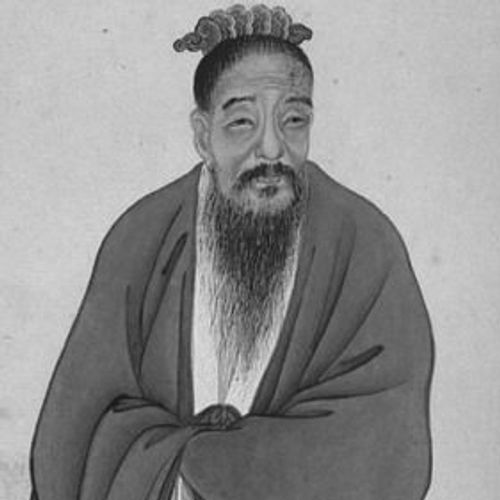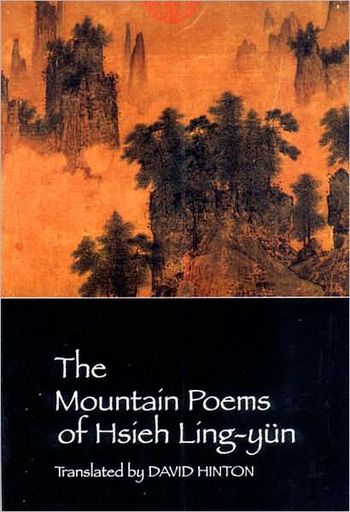Translated by David Hinton
During the last decade of his life, living as a recluse high in the mountains of southeast China, Hsieh Ling-yün (385-433 C.E.) initiated a tradition of “rivers-and-mountains” (shan-shui) poetry that stretches across millennia in China and beyond, a tradition that represents the earliest and most extensive literary engagement with wilderness in human history. Hsieh’s work, all but unknown in the West, chronicles nothing less than the aesthetic and spiritual discovery of wilderness, reading like dispatches reporting back to the human world. These poems were extremely popular in Hsieh’s own time, and established him as one of the most innovative and influential poets in the history of Chinese poetry, as well as the precursor of Ch’an (Zen) Buddhism. Like China’s grand landscape paintings, Hsieh’s poetry invests realistic descriptions of landscape with the philosophy of Taoism and Buddhism, shaping them into forms of enlightenment. As such, Hsieh’s work presents undeniable difficulties for the reader. It is an austere poetry, nearly devoid of the human stories and poetic strategies that normally make poems compelling. Instead, with their grandiose language, headlong movement, and shifting perspective, Hsieh’s poems capture the day-to-day development of the mirror-still mind that sees its truest self in the vast dimension of mountain wilderness.

